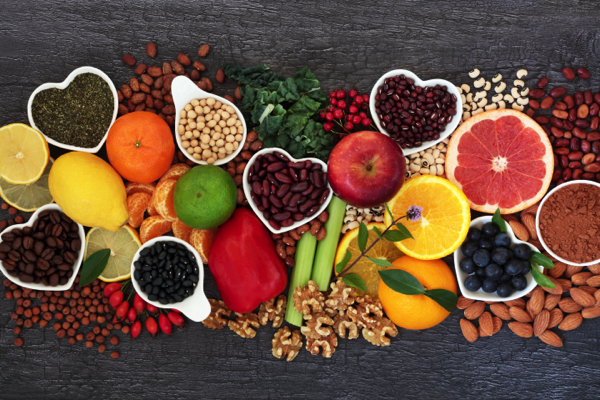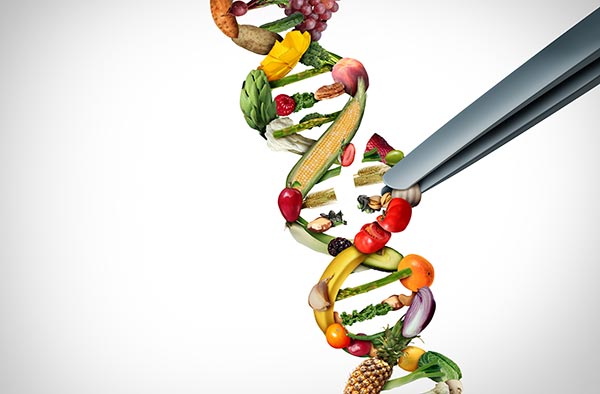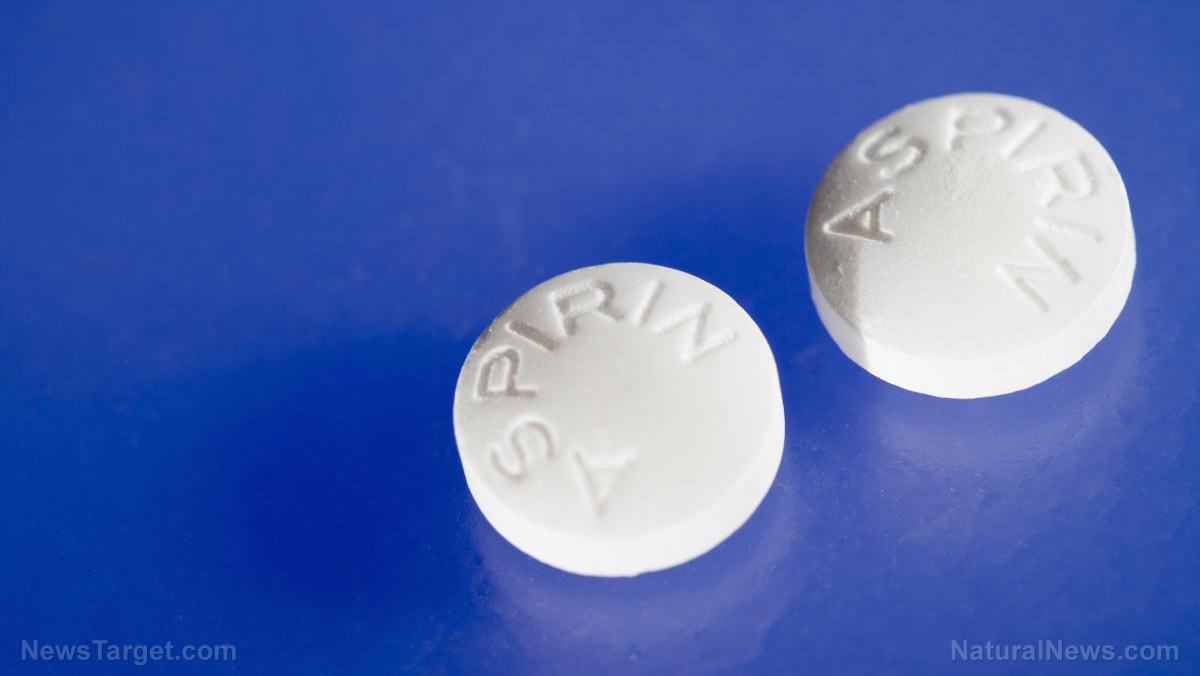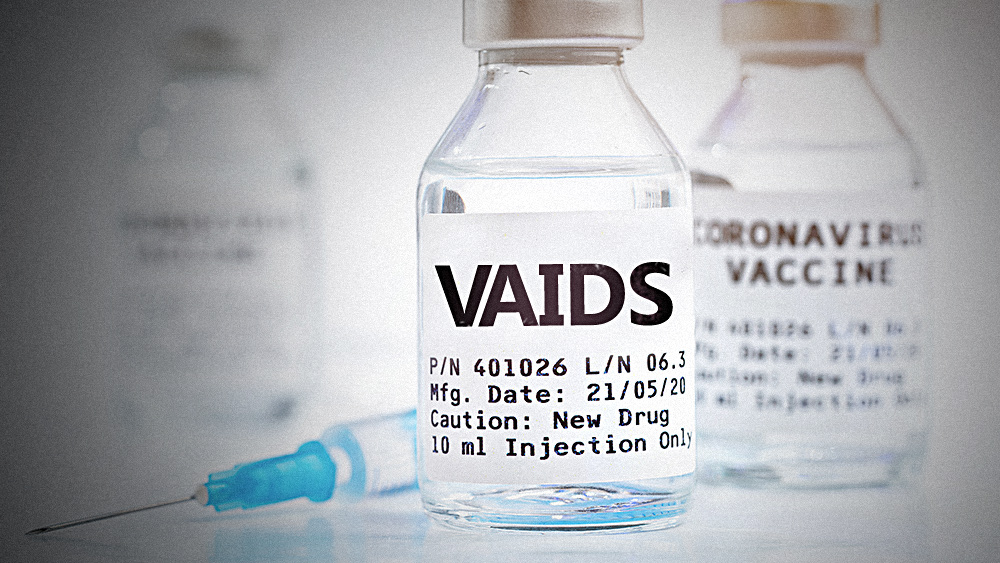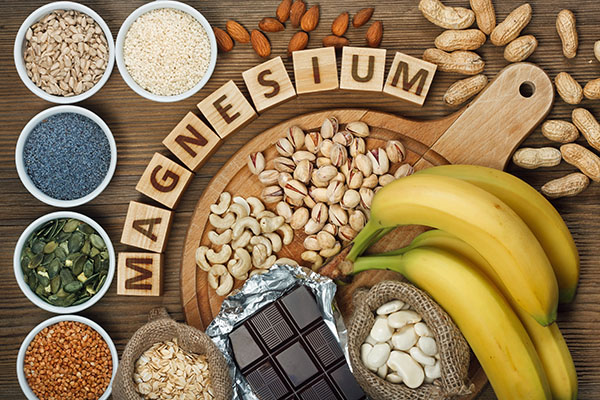Shocking study reveals how even small amounts of processed snacks raise risk of deadly diseases
05/08/2025 / By Cassie B.

- Ultra-processed foods (UPFs) significantly increase the risk of heart disease, cancer, and early death, with just 100 grams daily raising cardiovascular risk by 6% and digestive disorders by 19.5%.
- A study of 8 million adults found UPFs also contribute to obesity, diabetes, depression, and anxiety by disrupting gut health, insulin sensitivity, and inflammation.
- UPFs are industrial products packed with artificial additives, preservatives, and unhealthy fats — common examples include chips, sodas, processed meats, and sugary cereals.
- Swapping UPFs for whole foods like fruits, vegetables, and unprocessed meats can dramatically reduce disease risk and improve long-term health.
- Experts warn that even small reductions in UPF intake can lead to measurable health benefits, urging people to prioritize real, nutrient-dense foods.
Millions of people are unknowingly putting themselves at risk of heart attacks, strokes, and cancer not from smoking or lack of exercise, but from something far more insidious: ultra-processed foods (UPFs).
A groundbreaking review of 41 studies involving more than 8 million adults has revealed that consuming just 100 grams of UPFs per day (equivalent to two small bags of chips or a chocolate bar) can increase the risk of cardiovascular disease by nearly 6%, cancer by 1.2%, and digestive disorders by a staggering 19.5%. The findings, presented at the American College of Cardiology’s Asia 2025 conference, confirm what natural health advocates have warned for years: Processed foods are a silent killer.
The dose that does the damage
What makes this research so alarming is how little it takes to trigger these health risks. A mere 100 grams of UPFs per day, which is barely a handful, is enough to send blood pressure soaring by 14.5% and raise the likelihood of early death by 2.6%. Dr. Xiao Liu, a cardiology expert at Sun Yat-sen University in China and co-author of the study, minced no words: “Emerging evidence suggests a dose-response relationship between ultra-processed food consumption and negative health outcomes — meaning the more ultra-processed foods consumed, the greater the health risk.”
The study also found strong links between UPFs and obesity, diabetes, depression, and anxiety. These foods, packed with artificial additives, sugars, and unhealthy fats, disrupt everything from gut bacteria to insulin sensitivity.
“These products may contribute to adverse health outcomes through multiple mechanisms,” Dr. Liu explained, “including but not limited to dysregulation of blood lipid profiles, alterations in gut microbiota composition, promotion of obesity, induction of systemic inflammation, exacerbation of oxidative stress, and impairment of insulin sensitivity.”
What exactly is an ultra-processed food?
UPFs aren’t just junk food; they’re industrial creations designed for profit, not health. The NOVA classification system, developed by Brazilian researchers, categorizes foods by their level of processing. UPFs fall into the most dangerous group: products loaded with emulsifiers, artificial flavors, preservatives, and other chemicals that extend shelf life while stripping away nutrition. Examples include:
- Packaged snacks (chips, cookies, candy)
- Sugary cereals and mass-produced bread
- Ready meals and processed meats (hot dogs, deli meat slices)
- Sodas and sweetened beverages
In contrast, minimally processed foods like fresh fruits, vegetables, eggs, and unseasoned meats retain their natural nutrients without harmful additives. The UK consumes more UPFs than any other European nation, with these Frankenfoods making up 57% of the average diet. Unsurprisingly, obesity-related illnesses cost the NHS £6.5 billion annually.
Ditch the chemicals, reclaim your health
The good news? Every bite of real food is a step away from disease. Research shows that diets rich in whole foods, like the Mediterranean or DASH eating plans, slash the risk of heart disease, cancer, and diabetes. Unlike UPFs, which hijack your metabolism, whole foods provide fiber, antioxidants, and essential nutrients that protect against chronic illness.
Alison Brown, a program director at the National Heart, Lung, and Blood Institute, put it plainly: “Although it’s challenging to completely eliminate ultra-processed foods, people should consider eating fewer of them.” Simple swaps, like choosing homemade meals over frozen dinners or snacking on nuts instead of chips, can dramatically reduce exposure to harmful additives.
Your diet is your first medicine
The science is clear: ultra-processed foods aren’t just “bad for you”; they’re a direct assault on your longevity. But unlike genetic risks or environmental toxins, UPFs are entirely within your control. By rejecting the convenience trap and embracing real, nutrient-dense foods, you’re not just avoiding disease; you’re investing in a life free from medications, surgeries, and preventable suffering. As Dr. Liu urged, “Reducing ultra-procssed food intake, even modestly, may offer measurable health benefits.” The choice is yours, and the time to act is now.
Sources for this article include:
Submit a correction >>
Tagged Under:
Anxiety, causes, Dangerous, depression, diabetes, disease, food science, food supply, grocery, health science, heart attack, heart disease, men's health, obesity, products, research, stop eating poison, women's health
This article may contain statements that reflect the opinion of the author










